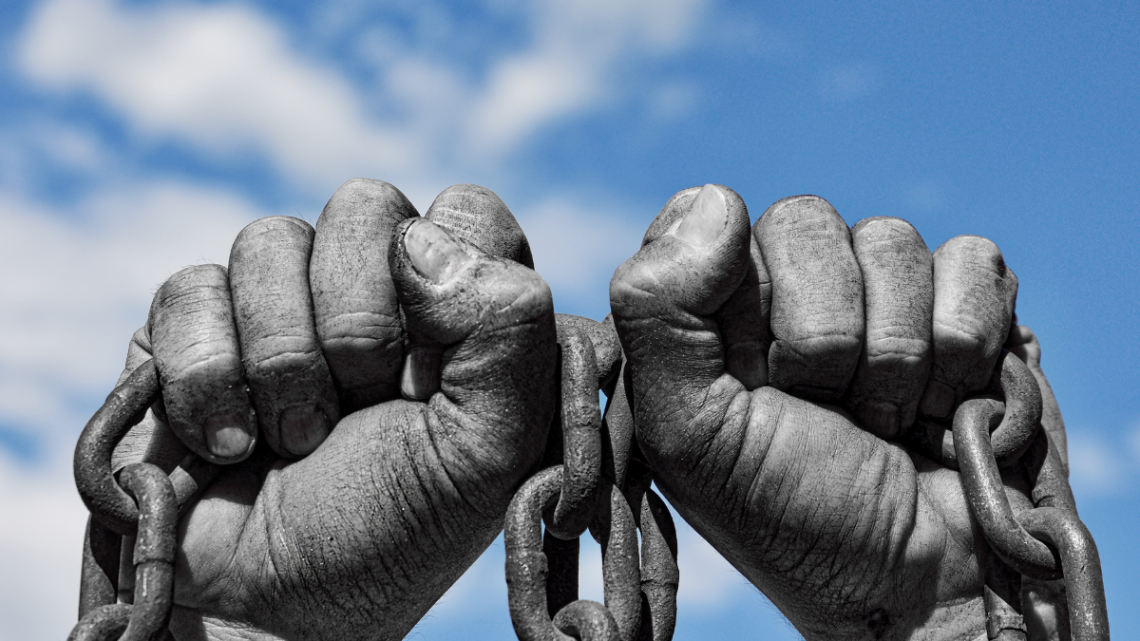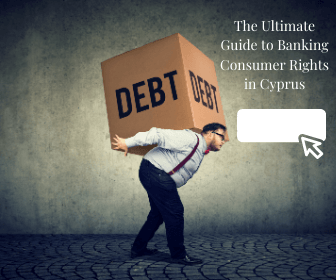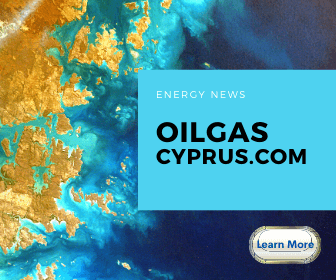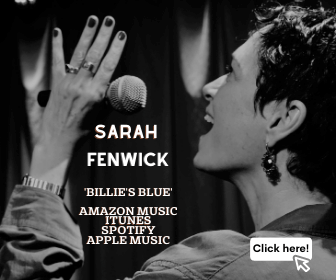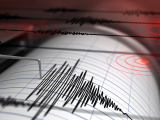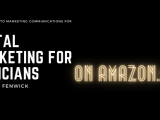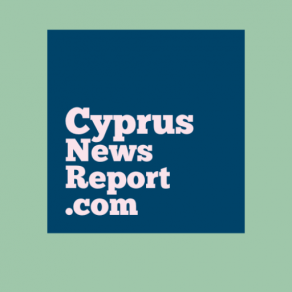Opinion - We Are Not Slaves - Pandemic Response Must Be Proportional
January 23, 2021Civil liberties are freedom of expression and religious belief, freedom of press, freedom of movement, right to liberty and above all, the freedom from oppression.
In 1960, Cyprus gained its hard-fought freedom from slavery to colonialism and became a democratic republic.
Since then, there have been two major public health problems: a cholera epidemic in the aftermath of Turkey’s 1974 brutal invasion and the coronavirus pandemic in 2020.
The two diseases are spread differently but both are highly contagious. Cholera is caught by drinking water that is contaminated by human feces and COVID-19 is caught by breathing in air that’s infected by people who have the virus.
Mobilising the population’s cooperation
In the 1970’s, the authorities’ response to the cholera epidemic was to immediately launch a mass educational programme in schools and households to boil tap water before using it in cooking and to drink bottled water from safe sources.
A vaccination programme was initiated with help from various international organisations like the World Health Organisation. The island’s population cooperated with this educational and awareness-building approach, after all, nobody wants to get sick or die if it can be avoided with sensible measures.
I was just eight years old back then but don’t recall any kind of oppressive measures like police arresting or fining people. The cholera outbreak was treated as a health problem which could be managed, measured and resolved.
Fast-forward to 2020 and the authorities’ pandemic response is to apply much more pressure on society with punitive fines and disproportional measures taken by the police.
Punitive
Fines in the thousands of euros were imposed on businesses and individuals still face EUR300 fines for simply walking on the street without the state’s permission. The civil right to gather peacefully and protest has been suspended without a second thought. Instead, protesters take their cars en masse and use their horns to show their disagreement with government policies.
That’s because taking a stand against injustice is a basic human instinct and will be expressed in some way or the other. If the peaceful options to protest are taken away by the state, what’s left to do, suffer in silence?
Educational programmes about how to use masks and social distancing were late to come after the initial lockdown and so were mass testing programmes. These only started in December 2020, nine months into the pandemic.
The imperative to educate, inform, raise awareness and help the public to understand their responsibilities was replaced by oppressive and punitive fines, forced permission seeking to go outside the home, and an overall feeling of the state pointing the finger at society to blame it for the pandemic.
COVID fines don’t work, according to Australia. They might even have the opposite effect, spreading fear and resentment and putting the public and police at risk of backlash.
“We need the response to COVID-19 to be health-based, not a policing response, so it is encouraging Victoria Police has been told to exercise discretion in most circumstances, so that people are not saddled with huge fines,” Liberty Victoria President Julia Kretzenbacher.
The media’s responsibility
Yes, the media should inform the public about safety measures and assist the health authorities by disseminating useful information. That’s a given. The media should not suspend critical thought, however.
Normally, the media would know when things have gone too far when it comes to abuse of civil liberties and hold up a mirror to the state’s actions.
But there appears to be an embarrassed silence from media voices which would normally be protesting any breach of our human rights. It is not irresponsible for the media to question the authorities’ actions, it is our responsibility to do so. Public debate is critical to our democracy.
What I noticed in the pandemic was the media’s self-censorship about the abuse of every single one of our civil liberties. It’s as if moderation and balance has become a stranger in our pandemic panic, but if we don’t have these in our society, life won’t be worth living anyway.
Life would be boiled down to submitting to a set of ever-changing and increasingly restrictive laws in which every action you can take is illegal and a feeling of fear is all-pervasive.
Proportionality
The principle of the proportional application of the law is what keeps the state’s power in check.
The proportional response to a public health problem is to mobilise the civil defence corps, boost medical capacity and educate the public to take sensible measures.
It is not to authorise the police to throw the book at anyone who happens to be on the street.
This is a wake up call because the long-term effects of limiting freedoms can lead to authoritarianism or totalitarianism. We hear stories of police who fined an elderly person for their mask not covering their mouth even though they were within meters of their own home. There is another story of someone so frustrated he actually bit a policeman who challenged him to show the SMS permission to be outside their home.
It used to be that criminals avoided the police but now the average citizen is also afraid when they see one on the road in case their SMS message giving them a reasonable amount of time to pick up groceries will not be enough to avoid a EUR300 fine.
Already there is an economic downturn which will affect the average citizen’s cash flow, so this is punishment upon punishment.
It’s getting out of hand because the application of the emergency measures is disproportionate and people feel the unfairness.
Is the end in sight?
Living under the pressure of a public health problem is stressful but not as stressful as the thought that our freedoms may be permanently affected and so easily withdrawn.
Not even in Italy, which suffered one of the highest death rates in Europe, was the freedom of movement completely taken away from the population. Italians were asked to limit their movement to their towns and neighborhoods but do not have to get SMS permission or fear walking their own streets.
Cyprus won praise for its handling of the pandemic in the beginning stages, let’s not throw this away now. Yes, wear the mask, take hygiene measures, do strategic lockdowns with state aid for affected businesses, keep social distance, avoid crowds, keep social gatherings to a minimum, all these are good and proportional measures.
But engage the population’s cooperation, don’t force it.
The end of the pandemic has to be clearly marked by the end of the state of emergency and definitive end of all relevant directives limiting our freedom of movement and other freedoms. No trace of these restrictions on our basic right to freedom must remain. What’s at stake is nothing less than the trust in the resilience and adaptability of our democracy.
We are not slaves.
